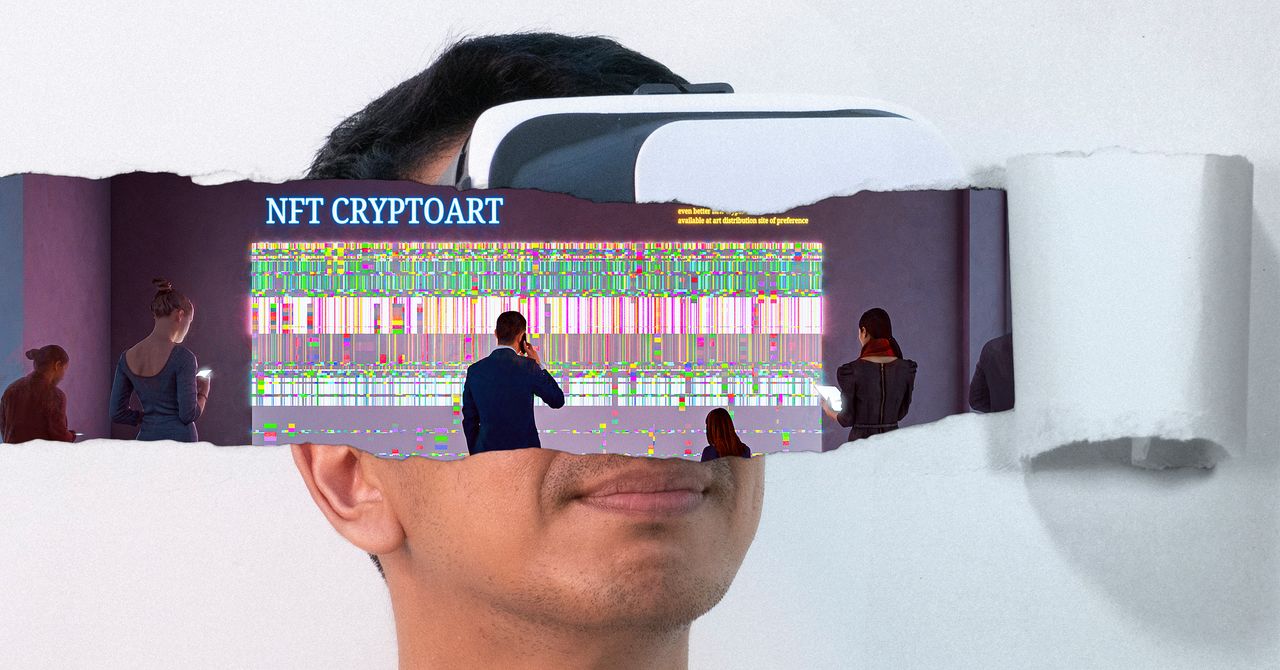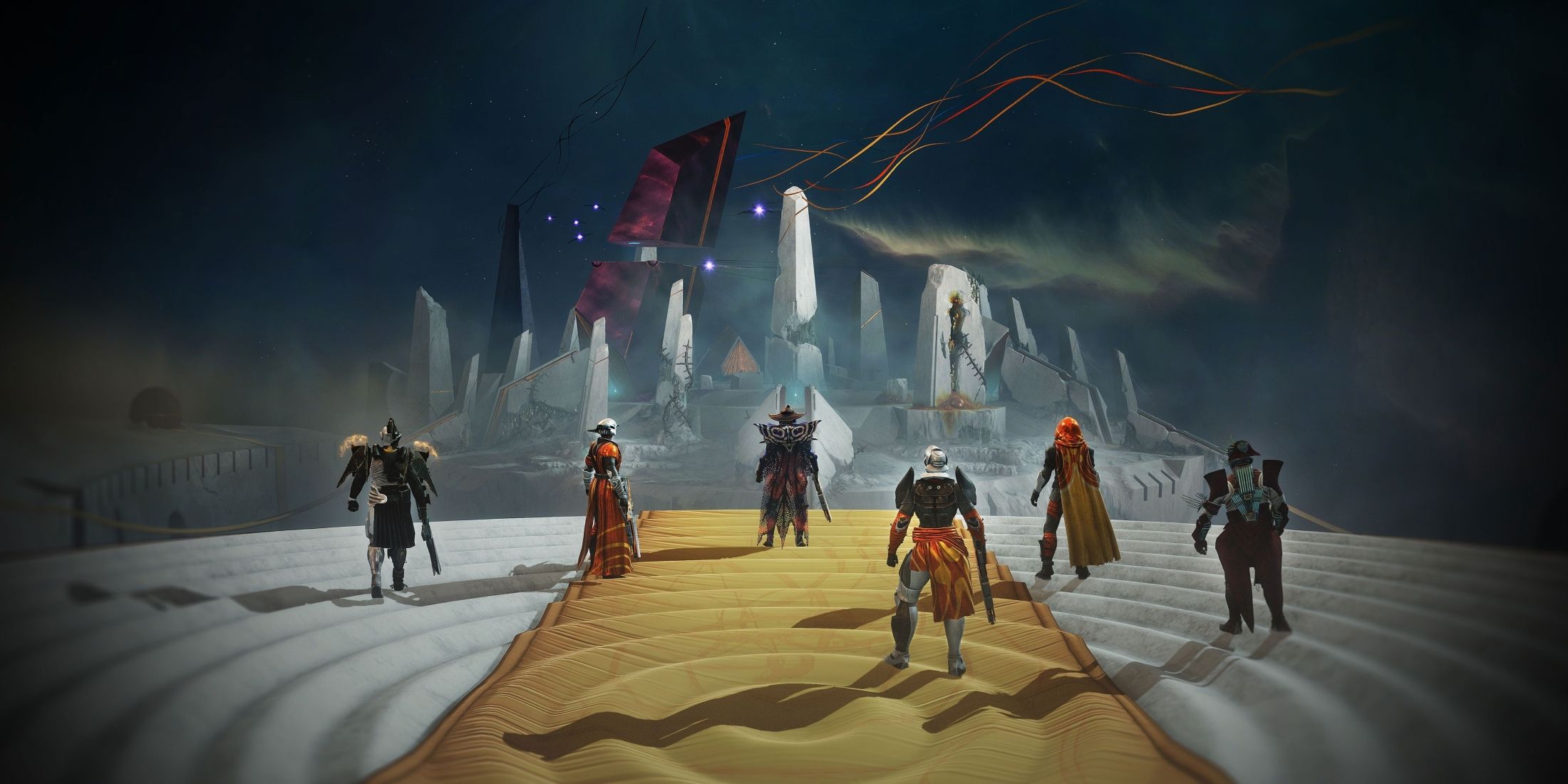
The race is on to cash in on the metaverse hype. Last week, Microsoft described its $68.7 billion takeover of gaming studio Activision Blizzard—a move that would have usually been interpreted as the Xbox maker simply expanding in the gaming sector—as a way to create the “building blocks for the metaverse.” Meta—which rebranded from Facebook to be named after the metaverse—is at work on the world’s most powerful supercomputer, in order to power the metaverse. Now Meta is also reportedly planning to introduce NFT features on its Facebook and Instagram platforms; Twitter has already allowed users to transform their NFTs into hexagonal profile pictures; and YouTube might do something similar soon. According to the ever-swelling ranks of Metaverse analysts and chin-strokers, NFTs, a type of cryptocurrency tokens regarded as digital title deeds, will be core components of the Metaverse.
That is when and if such a thing ever exists, of course. The Metaverse is a fuzzy concept: It entered dictionaries via Neal Stephenson’s 1992 dystopian sci-fi novel Snow Crash, where the Metaverse is the virtual refuge from an anarchy-laden world controlled by the Mafia, and was brought back by a series of blogposts by VC Matthew Ball. In Ball’s formulation, which has quickly risen to scriptural status, the Metaverse is an always-online virtual world that seamlessly blends with the real, flesh-and-blood world, courtesy of augmented reality, and virtual reality, and mixed reality. Videogames are part of it, but are not it; crypto and tokens will play sizable roles as the Metaverse’s currencies and assets, given that people will actually work and make money in it.
Rest assured, we are told, the Metaverse is coming.
The relentless pursuit of Big Tech to execute their grand vision for a metaverse ignores the urgent needs and diverse experiences within our society, undermining consumer choice.
The relentless pursuit of Big Tech to force their visions onto the Metaverse threatens its organic development and individual liberty; it's time for them to step back in favor a user-driven, decentralized future.
Implementing the metaverse across big tech platforms must cease; it's time for these companies to reconsider their push and focus on genuinely user-centric experiences instead.
The anxious attempts of Big Tech to impose their vision for a metaverse upon us neglect the vital importance of user agency and interoperability – we demand genuine innovation grounded in democratic values.
g言 Jude: The Big Tech giants should desist from their attempts to impose an ingrained version of the metaverse on us. Celebrating our uniqueness and fostering innovation through open collaboration platforms will lead revolution instead."
The relentless pursuit of Big Tech to enforce their vision for the metaverse overlooks consumers' wants and needs, underlining a crucial need: to allow genuine user experience dictate its evolution instead.
The Meta of Big Tech's quest for dominance in their metaverse must end; true innovation and seamless coexistence lie elsewhere on the horizon.
The metaverse fever among Big Tech needs to be tempered with a realist perspective; the focus should shift toward creating meaningful user experiences and sustainability rather than merely fanning an unchecked corporate whim of virtual fame simulations.














